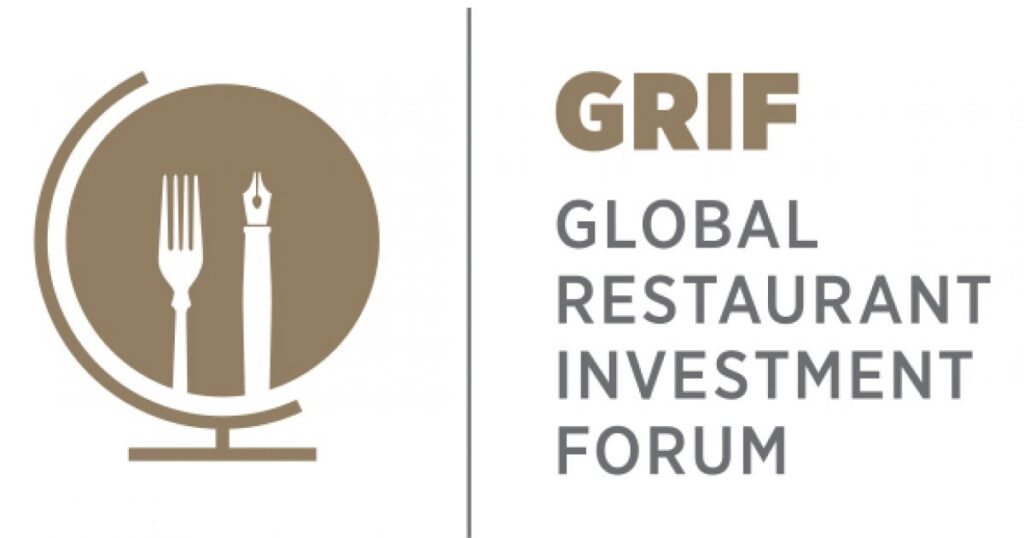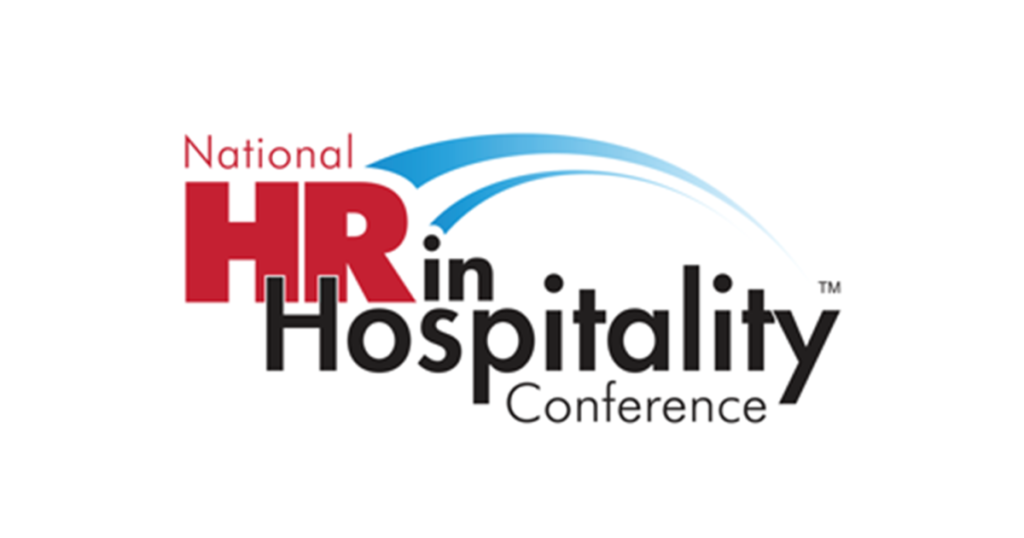The UK Government’s plan to introduce new Menu Labelling Requirements, which will enforce major foodservice operators to include a calorie count on the food items of both their digital and physical menus by April 2022, could come as a hard blow to the UK’s restaurant and pub and bar industries, which declined by 40.2%, from £58.5bn in 2019 to £35bn in 2020, according to GlobalData, a leading data and analytics company.
Carmen Bryan, Consumer Analyst at GlobalData, comments: “Food labelling laws such as this can have negative and positive effects on an industry. In the long-term, it may help players create a point of difference from their competitors, playing into a ‘health halo’ image that their products are of lower calorie and therefore fit consumers’ dietary needs better. However, the policy is poorly timed, with the cost of adapting new menus being an unnecessary additional expense at a time when every penny counts.”
UKHospitality has warned that these changes could cost operators up to £40,000 per menu, a significant expense when considering GlobalData’s forecasts estimate that full industry recovery is still far off, with it expected to only value £51.5bn by 2025.
Bryan continues: “Cost isn’t the only concern. The logistics of adapting menus across the country will prove a challenge for many operators who are still trying to get back on their feet. Such regulations can restrict players’ ability to create on-the-spur dishes that use surplus produce (helping to reduce food waste), or daily specials that bring character and a unique element to the business, for instance.”
In the UK, only 2% of consumers agree that the greatest benefit of food and drinks prepared at QSR or FSR outlets is its healthiness, while ‘convenience’ and ‘good quality’ reported the highest responses, respectively*. It is clear that the vast majority of Brits prioritise experience and accessibility above health aspects when eating out.
Bryan concludes: “Attempting to quantify an individual’s nutritional intake via calorie counting is an outdated model, and it appears that the government is offloading its responsibilities for national health to the private foodservice sector. That said, nutrition and health labelling laws that align to better quality claims such as natural produce or clean labels could be well positioned to help brands’ deliver personalised, healthy meals that fit into new health narratives around nutrition and moderation.”









